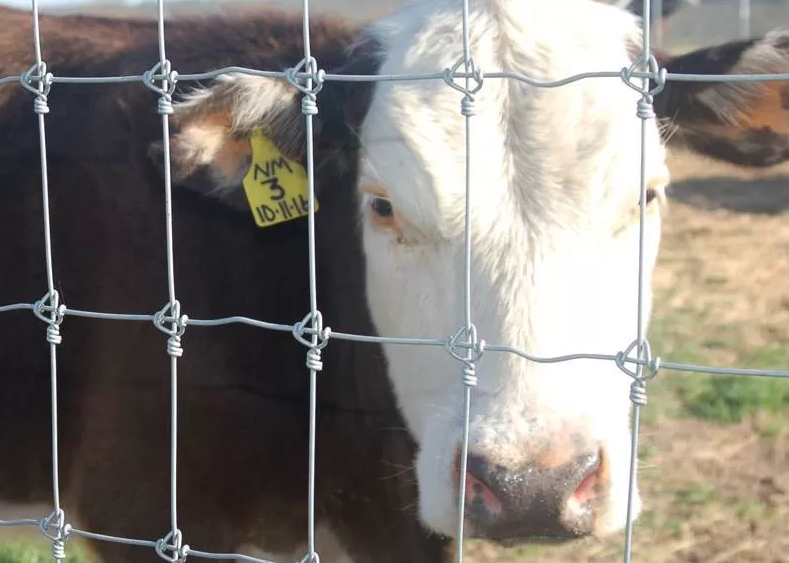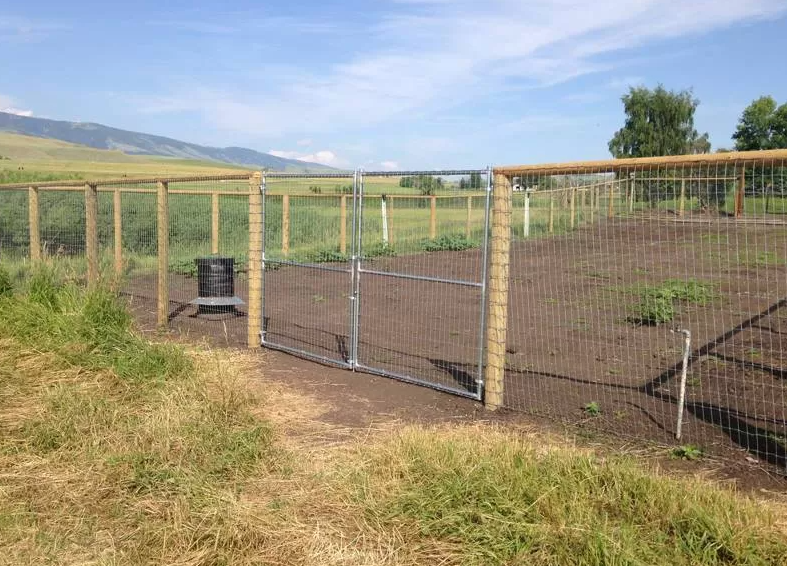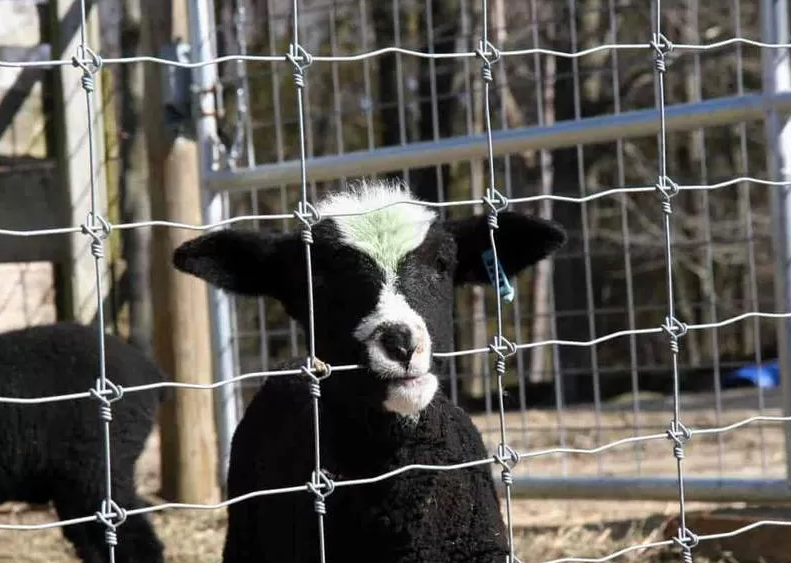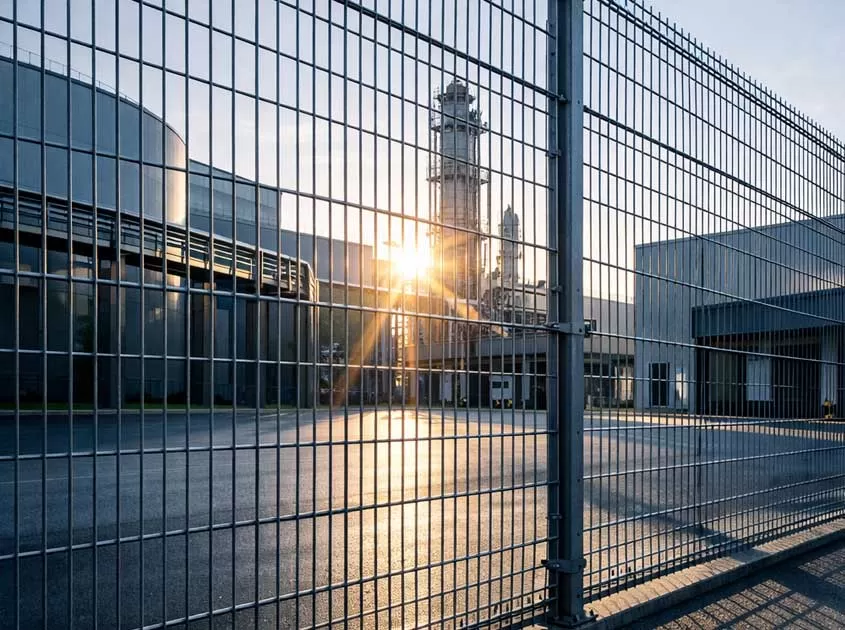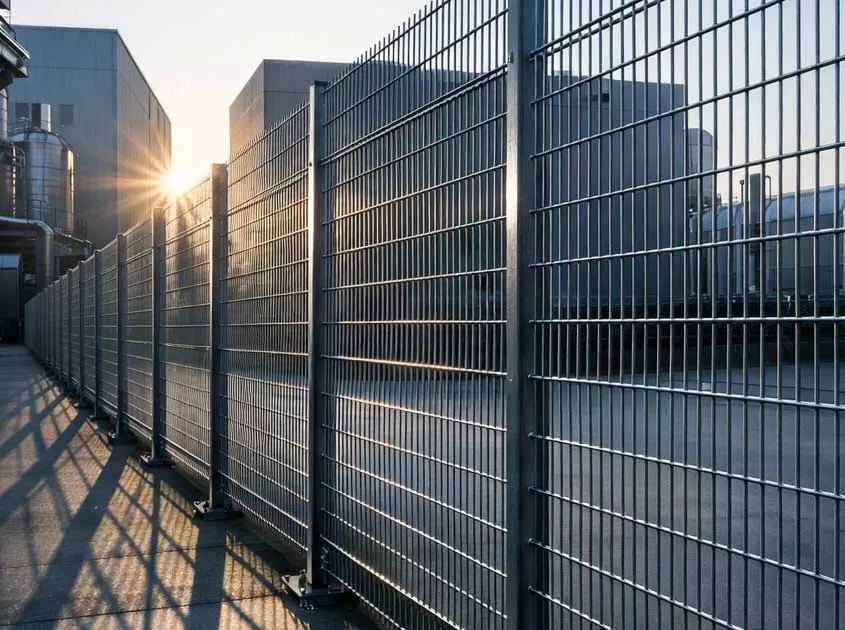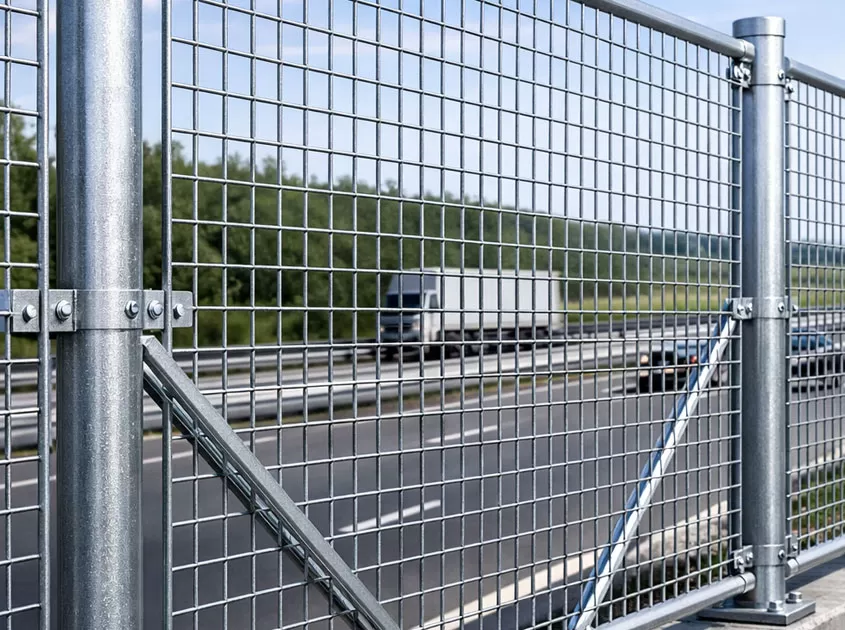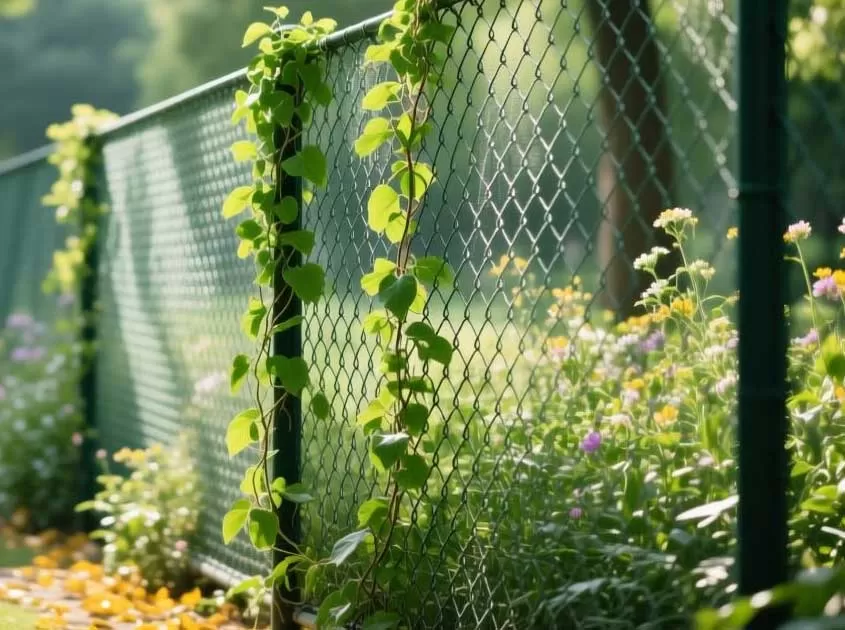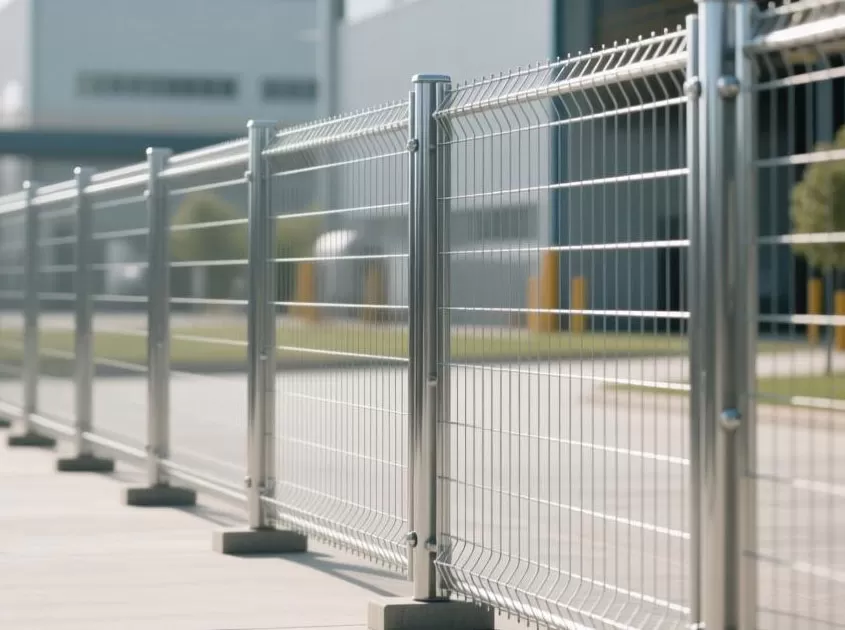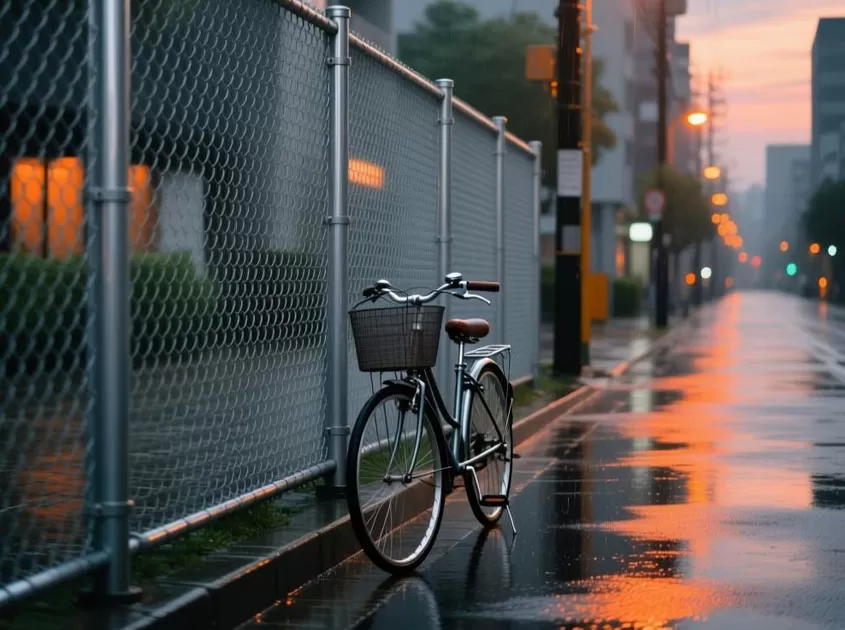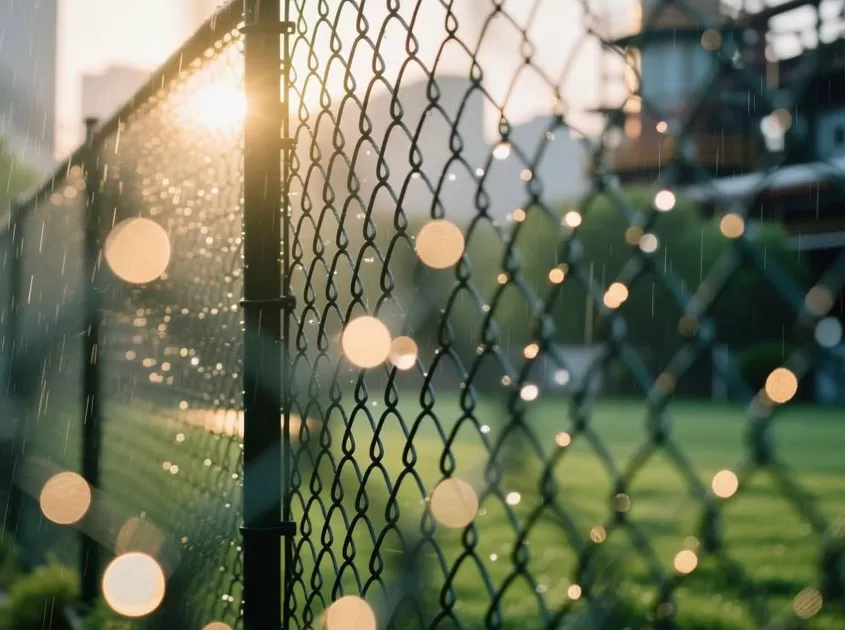The Ultimate Guide to Your Farm Fencing Options
Choosing the right fence for your farm is an essential decision that impacts not only the security of your livestock and crops but also the aesthetic and practical aspects of your property. From keeping animals in or out to enhancing the overall look of your farm, farm fencing comes in a variety of materials, styles, and functions. This ultimate guide will walk you through the different farm fencing options, helping you make an informed decision for your property.
Types of Farm Fencing Materials
Farm fences come in a range of materials, each offering unique advantages depending on the type of animals you're protecting, your budget, and the level of maintenance you're willing to commit to. Here are some of the most common types of farm fencing materials:
Wood Fencing: Wood is a traditional choice for farm fencing, offering a natural, classic look. It’s ideal for controlling livestock like cattle and horses, and it's strong enough to resist the pressure of large animals. However, wood fences require regular maintenance, such as sealing and repairing damaged sections.
Wire Fencing: Wire fences are one of the most cost-effective and durable fencing solutions. Options include barbed wire, woven wire, and high-tensile wire. Woven wire is particularly effective for keeping small livestock, such as sheep or goats, securely contained. High-tensile wire is extremely strong and requires minimal maintenance.
Electric Fencing: Electric fences are commonly used for both livestock containment and predator control. They work by delivering a mild shock when animals touch the wires, deterring them from breaking through or crossing the boundary. Electric fencing is highly effective but requires a consistent power source and regular checks.
Vinyl Fencing: Vinyl fences are an excellent low-maintenance option that requires minimal upkeep, unlike wood fences that need periodic treatment. While more expensive upfront, vinyl fences can last for decades without warping, rotting, or needing to be repainted.
Steel and Metal Fencing: Steel and other metal fences, including galvanized panels and welded wire, offer durability and long-term protection. Metal fences are often used for perimeter security or to contain larger livestock, and they can withstand harsh weather conditions.
Choosing the Right Fence for Your Animals
When selecting the ideal fence for your farm, it's important to consider the specific needs of your animals. Different species have different requirements for both containment and safety. Here are some factors to keep in mind when choosing a fence:
Height: Ensure the fence is tall enough for the animals you're keeping. For instance, horses may require a taller fence (typically 5 to 6 feet), while a 4-foot fence is often sufficient for smaller livestock like sheep or goats.
Strength: Consider the strength of the material. Cattle and horses may require stronger, more rigid fencing, while smaller animals may only need a lightweight wire fence.
Security: Consider whether your animals are prone to trying to escape or if predators are a concern. Electric fencing is ideal for keeping animals from pushing against or breaking through the fence, while tighter woven wire may be necessary to prevent escapes.
Visibility: If you have grazing animals or machinery on your farm, consider the visibility of the fence. Vinyl or wire fences tend to be more transparent, while wood and metal fences can be more visible and sturdy.
Advantages and Disadvantages of Different Fencing Types
Each type of farm fencing material comes with its own set of advantages and disadvantages. Understanding these pros and cons can help you make the right choice for your farm:
Wood Fencing:
Advantages: Natural appearance, strong for large animals, customizable design.
Disadvantages: Requires regular maintenance, prone to rot and weathering, expensive installation.
Wire Fencing:
Advantages: Affordable, durable, flexible for different types of animals, low maintenance.
Disadvantages: Can be easily damaged by animals, not as visually appealing as wood or vinyl.
Electric Fencing:
Advantages: Highly effective for both containment and predator deterrence, minimal maintenance.
Disadvantages: Requires a power source, can be dangerous to humans or animals if not properly installed and maintained.
Vinyl Fencing:
Advantages: Low maintenance, long-lasting, attractive appearance, safe for animals.
Disadvantages: High upfront cost, may not be as durable in extreme conditions.
Metal Fencing:
Advantages: Strong, durable, and long-lasting, good for securing large animals and perimeters.
Disadvantages: Expensive, may require professional installation, can be less visually appealing.
Farm Fencing Maintenance Tips
Proper maintenance is crucial for ensuring the longevity and effectiveness of your farm fence. Here are some maintenance tips based on the type of fence:
Wood Fencing: Regularly inspect for rot, termites, or damage from animals. Reapply weatherproofing sealant every few years to prevent decay.
Wire Fencing: Check the fence for sagging, rust, or broken wires. Tighten loose wires and replace any damaged sections.
Electric Fencing: Test the voltage regularly to ensure the system is working effectively. Keep the wire free from vegetation that may interfere with the electric current.
Vinyl Fencing: Clean the fence with soap and water annually to remove dirt and debris. Inspect for cracks or chips that could lead to damage.
Metal Fencing: Regularly inspect for signs of rust, particularly at joints and connections. Touch up any rust spots with appropriate paint to prevent further corrosion.
Cost Considerations for Farm Fencing
The cost of installing farm fencing can vary greatly depending on the material, size of the area, and the complexity of the installation. Here’s a breakdown of typical costs for various fence types:
Wood Fencing: Generally, wood fences are one of the most expensive options due to the cost of materials and installation. Expect to pay between $10 to $30 per linear foot, depending on the wood type and the complexity of the design.
Wire Fencing: Wire fencing is usually one of the most affordable options, with costs ranging from $1 to $3 per linear foot for basic wire options. More durable wire options, like woven wire, can cost more.
Electric Fencing: Electric fencing can be affordable, especially for smaller areas, with initial setup costs around $1 to $2 per foot. However, ongoing costs for electricity and maintenance should be considered.
Vinyl Fencing: Vinyl fences typically cost between $15 and $30 per linear foot, making them more expensive than wood or wire options but lower maintenance over time.
Metal Fencing: Metal fences can be pricey, with costs typically ranging from $20 to $50 per linear foot, depending on the material and design.
FAQs About Farm Fencing
What type of fence is best for horses?
For horses, a strong, high fence is essential. Wood fences or vinyl fencing are ideal because they are sturdy, safe, and visually appealing. Make sure the fence is at least 4 to 5 feet tall to prevent escapes.
Can I install farm fencing myself?
While some types of fences, like wire or electric fencing, can be installed by a DIYer with the proper tools, more complex options like wood and metal fences may require professional installation due to their size, weight, and design requirements.
How long will my farm fence last?
The lifespan of your fence depends on the material. For example, wood fences typically last 10-20 years with proper maintenance, while vinyl can last 30 years or more. Metal and wire fences can also last a long time with minimal maintenance.
Custom farm fencing from QUNKUN METAL. Get your free quote today for our durable, affordable range of fencing options.
-
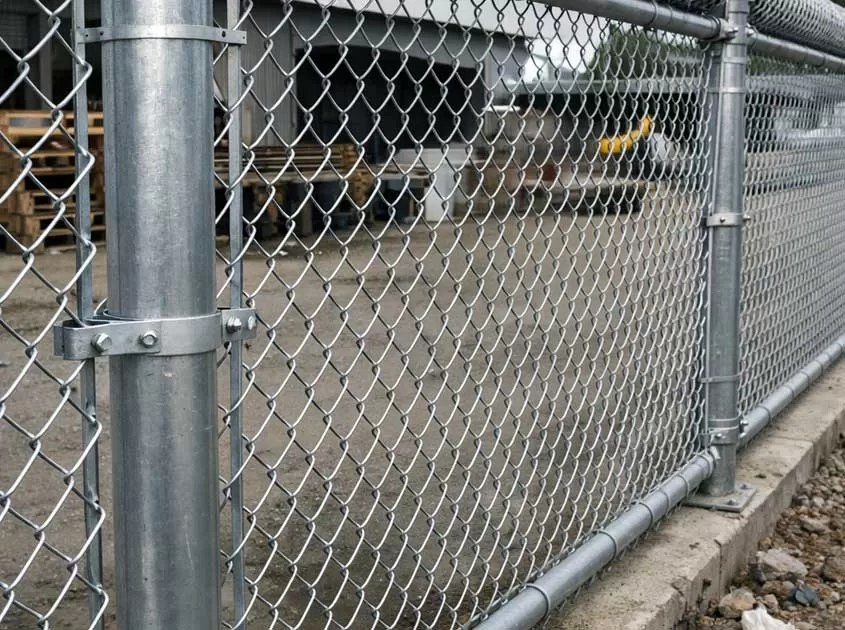 Why Galvanized Wire Mesh Is Popular in South America Jan 26, 2026
Why Galvanized Wire Mesh Is Popular in South America Jan 26, 2026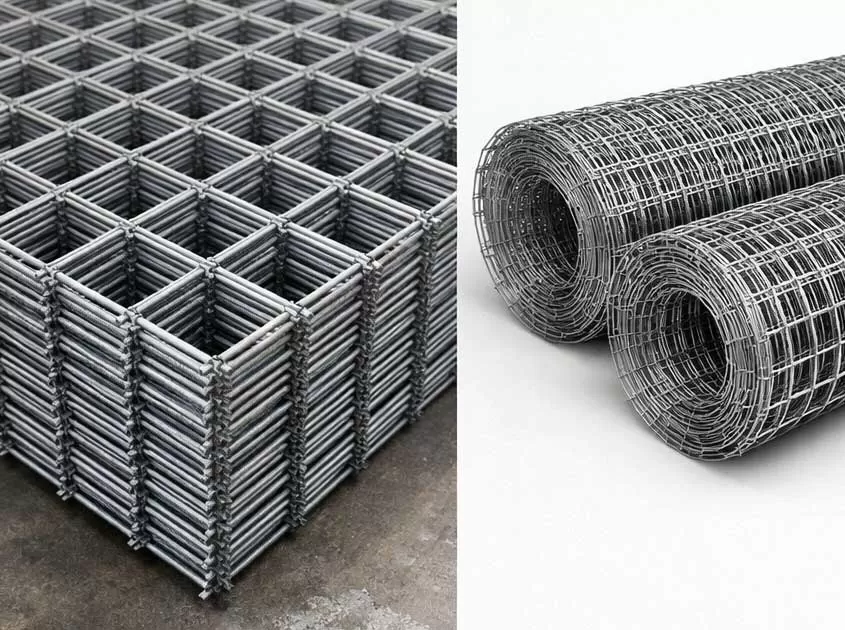 How to Check the Quality of Welded Wire Mesh Jan 16, 2026
How to Check the Quality of Welded Wire Mesh Jan 16, 2026

- Tel.: +86 311 83077076
- E-mail: sales@qunkunmetal.com
- Skype: qunkunsales01
- WhatsApp: 8618032412189
- Add.: No.69 The Filter Industrial Part of Anping, Hebei, China




